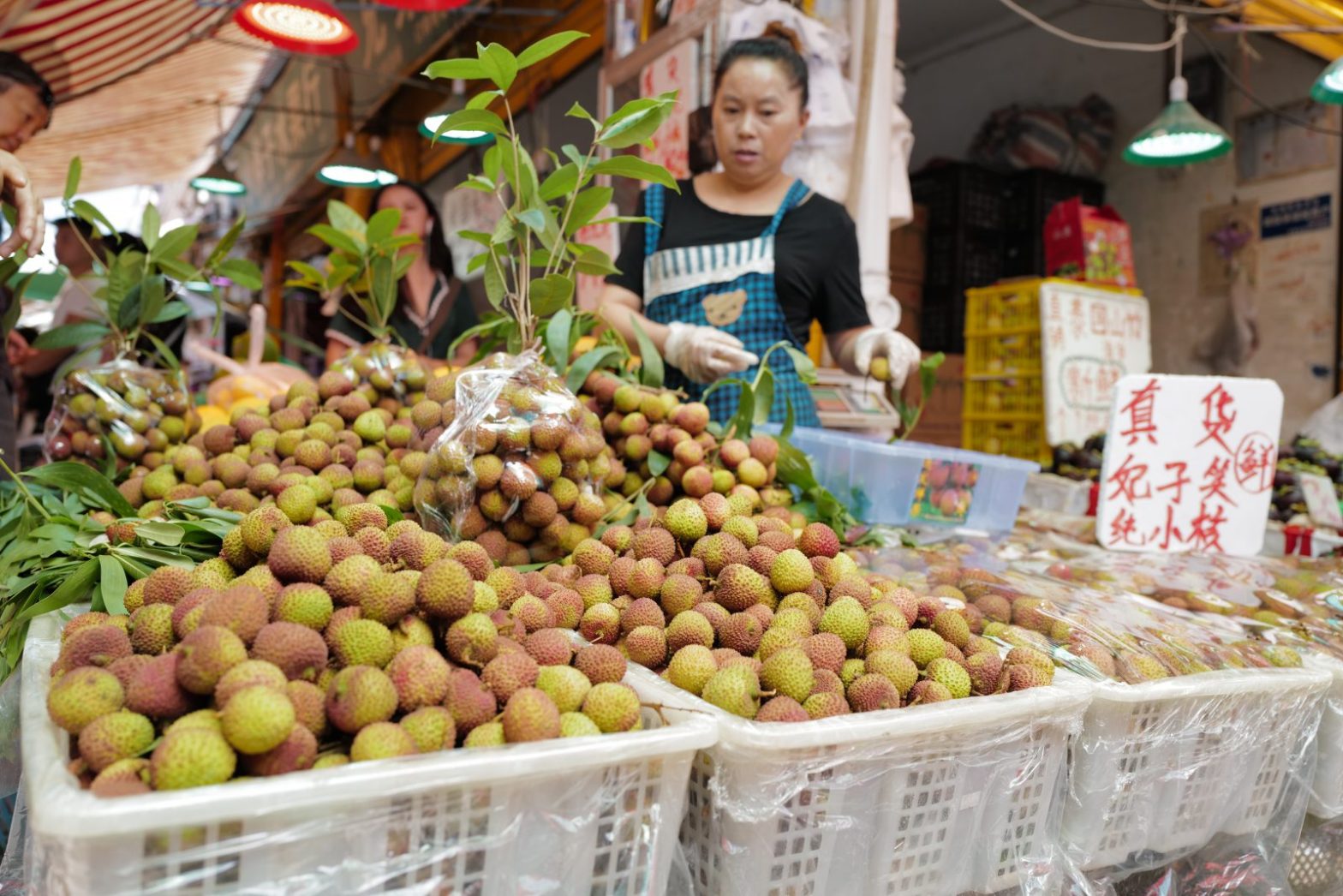(ATF) China’s market regulators have issued “nine must-not” guidelines to e-commerce giants such as Alibaba, Tencent, and JD.com to crack down on a new social sales model that is taking jobs away from traditional small businesses in a pandemic-stricken economy.
These tech giants are in the crosshairs of Beijing’s anti-monopoly campaign.
After the banking regulator’s clampdown on micro-lending, which led to the suspension of Ant Group’s massive initial public offering last month, regulators are also increasing scrutiny of bank deposit products sold over fintech platforms, plus group bulk purchasing (known locally as “community group buying”) similar to Groupon’s service, which burgeoned amid the Covid-19 pandemic.
The Ministry of Commerce and the State Administration for Market Regulation (SAMR) met with Alibaba, Tencent, JD.com, Meituan, Pinduoduo and Didi on Tuesday and told them to abstain from nine types of activities that abuse their monopolistic positions and harm consumer rights, SAMR said in a statement.
The tech giants were told to “take greater social responsibilities” – because their community group buying for fresh produce had caused employment challenges.
They were instructed to refrain from price dumping, or restricting the production or sale of goods, or illegally implementing a concentration of business operations to eliminate competition, regulators said.
They were also warned not charge repeat buyers higher prices, and not to collect or use consumer data illegally, they added.
The regulators have good reason to worry about the tech giants’ practice of using subsidies to gain market dominance, at which point they can hike prices. This is what Didi, the Chinese equivalent of Uber, has been accused of doing in the ride-hailing sector.
‘Focus on innovation, not money’
In a prelude to the regulator’s clampdown, a commentary published this month in the Communist Party’s top mouthpiece, the Peoples’ Daily, said sarcastically “with their big data, cutting edge algorithms, and rich capitals, the internet giants are researching how to grab the community group buying market”. It called for the tech giants to focus on “hardcore” scientific and technological innovations rather than short-sighted money making.
The Groupon-like shopping model, in which groups of buyers enjoy discounts for buying in bulk, is long established in China, but over the last few years many entrepreneurs have used it for grocery shopping and with more social features. This is particularly popular in lower-tier cities where there is less competition from large grocery chains, and people interact more with their neighbors.
This group buying enables residents to place grocery orders with a community leader via a social media group. The platform delivers the orders to the leader, usually the next day, for each buyer to pick up. A typical community leader is either a stay-home mum or a convenience store owner – someone well-connected and trusted in the neighbourhood.
The practice may appear primitive, but it is an important way for the tech giants to tap into lower-tie markets when the e-commerce market in more developed regions is saturated.
Kantar consultancy says revenue from community buying is expected to triple to 89 billion yuan ($14 billion) this year from 2018.
‘1 cent items’
Since June this year, China’s tech giants, Didi, Meituan, Pinduoduo, Suning, JD.com, and Alibaba, have acquired community group buying startups or launched their own services one after another. To grab users, they often offer prices that are lower than food markets or supermarkets, and some apps offer flash sales of “1 cent” items.
Just this month, JD.com said it had agreed to invest about $700 million in Xingsheng Preference Electronic Business Ltd, a community group-buying e-commerce platform. Founded in 2009, Xingsheng is based in Changsha, the capital of China’s Hunan province and has operations in 14 provinces.
Xingsheng is up against rivals such as Alibaba-backed Nice Tuan, Tencent-backed Missfresh and Tongcheng Life.
While many Chinese economists have voiced concerns that e-commerce giants’ deep pockets and fancy algorithms are putting traditional merchants out of business – the way Amazon took share from brick-and-mortar stores, some commentators have seen the benefits that group buying offers.
“The community group buying model has reduced the logistic costs and improved the supply chain efficiency – items are pre-ordered and shipped together to a central location for pickups, thus the central location does not need to maintain any inventory,” Huang Zepeng, an analyst from Kaiyuan Securities, said. “It has also brought better shopping experiences to the consumers.”
But Huang believed that the regulators’ clampdown on ‘malicious’ competition and monopolistic practices would help the industry to achieve long-term healthy growth.
























